In a world of why, sometimes a little how makes a big difference!
If you know me much at all, you’re probably aware of two things:
- I read books. I read a LOT of books. I blog about books. I do conference lunchtime plenaries about books. I talk to colleagues and clients and friends about books. And one of the most important books I’ve read in the last five years is one by Simon Sinek called Start With Why. To summarize it in a sentence or two: Sinek tells us that leaders can talk about the why, the what and the how of things. He convincingly argues that the important stuff always has to do with why. I’ve drunk his Kool-Aid in a big way.
- In my almost fifteen years of evangelical preaching about planned giving, I’ve argued that telling your donor why she should consider a bequest is way more important than telling her how to do the financial transaction. If I’m working with a client on a new legacy brochure or a legacy web makeover, I usually recommend that 80-90% of the words should be devoted to the why – in other words, inspiring the donor to want to make the gift. As I learned listening to donors in focus groups many years ago, they want inspiration from their charity and not instruction.
Now, I haven’t lost my why religious faith. Not in the least. But I have discovered one very powerful how issue that is incredibly important.
I have learned that it’s worth taking a half-page in the legacy section of your website to talk about three types of bequests – and how one in particular can be very donor-friendly.
That one special way of leaving a bequest is the residual gift. At first glance, this type of bequest is like having shown up to someone’s house as a dinner guest, and saying to your host: ‘Don’t bother with a plate for me. I’ll just have whatever the others don’t finish on their plates.’
But here’s the rub: Those leftover gifts are by far the biggest bequests you’ll ever get!
Let me share two examples with you:
- Several years ago, I got to know a planned giving officer at a community hospital in a mid-sized American city. She told me about a residual gift she’d received in a will. She looked the donor up on her database and found that this particular woman had made two annual gifts of $50 during her lifetime. She then gave the hospital the ‘leftovers’ of her estate and didn’t think much more about it. By the time this woman met her Maker, her ‘leftover’ gift was a stunning $9 million!
- I’ve recently been working with a well-known Canadian health charity, helping them get more ambitious with their planned giving program. In our initial conversations, they showed me a particular results table. This table showed that the average fixed amount bequest this charity received was $11,000. The same table showed that the average residual (leftover) bequest gift amount was $115,000! When I asked the planned giving officer if the charity was encouraging donors to consider residual gifts on their website and in their materials, the answer was no.
It’s a simple fact:
- Residual bequests are worth the most money.
- Percentage bequests (like 5% of my estate’s value) are in the middle.
- Fixed amount gifts (like $10,000) are the smallest – pretty much always.
Here’s a little challenge for you:
Pick the four or five charities that you admire most. Go to their websites and see if they actively promote residual bequest gifts. I’ll pay five dollars to anyone who finds such a charity.
Now, go visit the website of a little charity you’ve probably never heard of. It’s called Catholic Missions in Canada. Check out their legacy web pages – and specifically, find the section that talks about residual, percentage and fixed amount gifts. These guys have nailed it!
If you make this one simple how change in your legacy marketing, it could mean millions of dollars to you over the years.
You’re welcome…
Banner image by Mark Doliner from Flickr via Creative Commons.


Hi there Fraser. It is always great to read your articles about planned giving. As you know I share your passion for this area of fundraising and the typically modest donors who create these powerful and rich legacies. We have residual mentioned on our web site under the Forever CHEO banner. When we receive a will with a residual gift our eyes light up as we know that it will be a significant gift that will go towards keeping our kids and families the healthiest they can be. Residual is the richest of all! Hope you are well. All the best, Megan
thank you Fraser for this v ery timely advice! we are just now working on our planned giving brochures and changes for our webstie.
we will be using this information for sure!
cheers!
toni